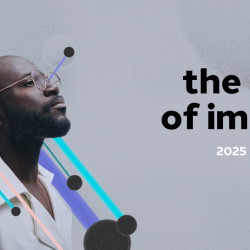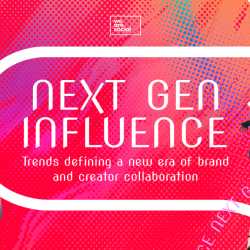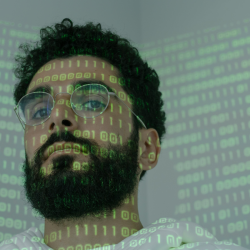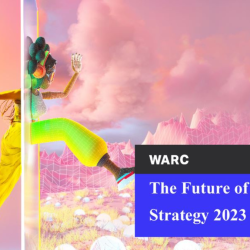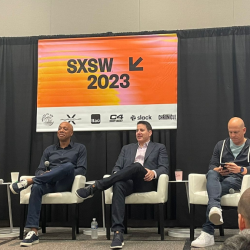Day 2 at SXSW kicked off with one of the most highly anticipated sessions of the entire festival: Future Today Institute’s Founder and CEO Amy Webb’s annual Emerging Tech Trends Report.
Change is happening in hyper-speed and this is leading to new emerging trends. Webb stresses that currently following all of these emerging trends is more important than ever because in time they will shape society. That’s why, this year’s theme is Focus. ‘Leaders are focused too narrowly on the future,‘ says Webb, and they will need to focus to understand which trends will shape the future.
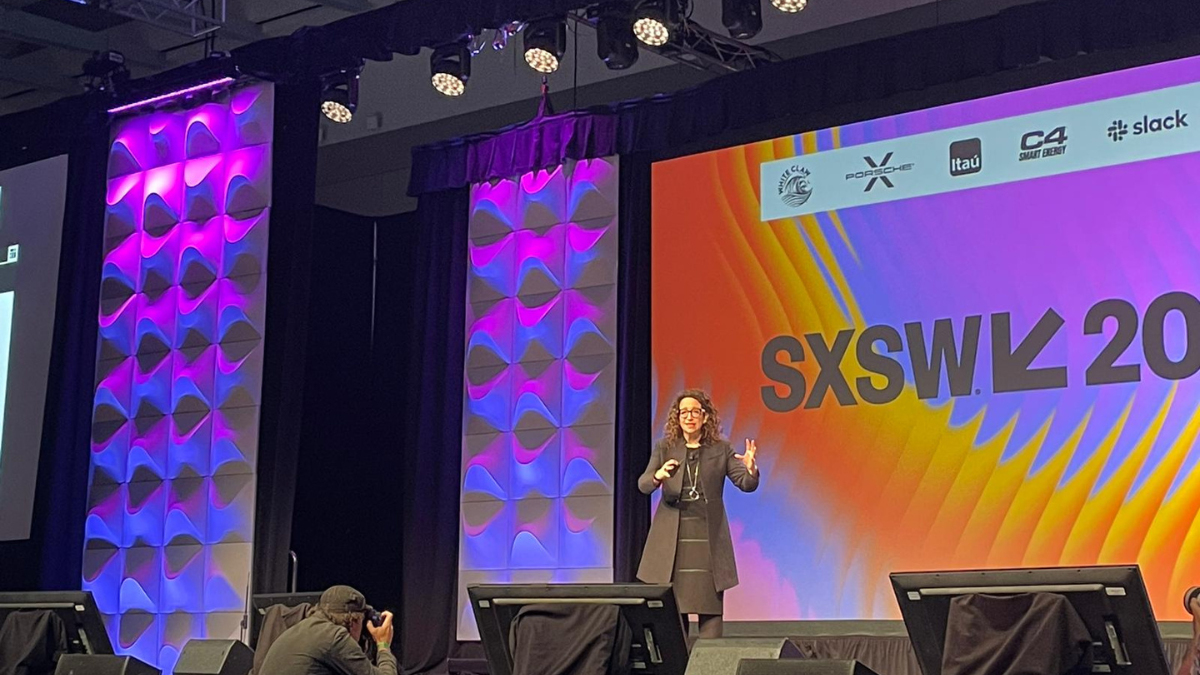
According to Webb, the internet as we know it is gone. Moving forward, everything will translate into information: data points that feed the AI systems. Developments in cloud computing are allowing for more and more information to be stored and for continuous transfer of information. These, in turn, feed the AI systems. The AI systems learn and become increasingly better at prediction.
Cloud computing services like AWS, Google and Azure are key in this progression — they accelerate AI by enabling processing of large neural networks. Some of them are giving away their services for free for future profit. Running AI systems is expensive: one query on ChatGPT is 7 times more expensive than a single search on Google. And the ever-increasing amount of data takes a lot of space.
Webb stresses that the next 2 years will be the period of transition, after which multimodal, generalist AIs will become pervasive. Any business that relies on discoverability will need to rethink their strategies. Webb predicts that there will come a moment when AI systems start interacting with data — a moment she calls ‘AISMOSIS‘. Any and all information produced will automatically feed into the AI systems. Everything will become ‘data.‘ And the entire ecosystem will be controlled by the big technology companies. Multicloud systems, transparency in AI models and giving people the choice to opt-in to sharing data will be important steps in preventing the development of invasive and inefficient AI systems.
All of these will lead to new generative AI tools that we can use in any field imaginable — pharmaceuticals, medicine and surgery, law enforcement and so on. It will be vital to know how to use these tools. Human productivity will increase massively, but governments will need to ensure that adequate investment goes into education to avoid a digital skills gap. Biases will need to be addressed. AI tools will need to be developed safely and responsibly to avoid catastrophic outcomes.
All in all, we appear to be on the cusp of fundamental change. All of these developments indicate that a better future is possible. However; technology companies, investors, regulators and businesses will need to work together to deliver that promising future.
Featured image: SXSW / Day 2


























